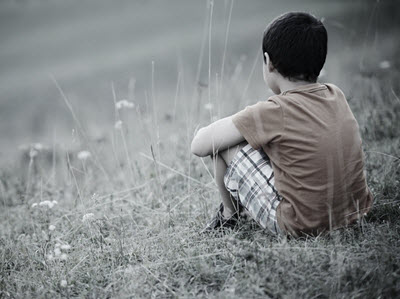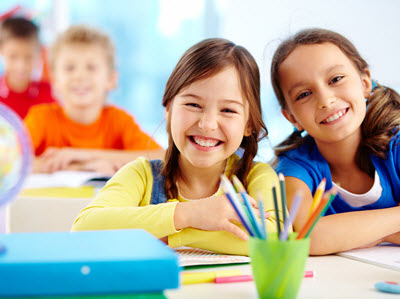We offer neurofeedback to children, please see our neurofeedback page for more information. We do not offer psychotherapy to this age group
It’s so hard watching your child struggle
Does your child struggle to stay on task, have difficulty with school work, or seem to be stuck in either low energy or high energy mode?
 Aiden’s academic challenges
Aiden’s academic challenges
Aiden had been “high spirited” all along; but now in third grade, he seemed to be falling behind in school. He was having trouble reading at grade level and didn’t enjoy school.
When his parents helped him with his work at home, he often forgot to turn it in. Because of his growing awareness of his academic challenge, he started misbehaving more often. It seemed he could not sit still and focus unless it was on screens.
As part of neurofeedback training, we don’t diagnose or ask you to bring a diagnosis. So, it doesn’t matter if he can be labelled “ADHD” or not. The issue is the way he feels and behaves.
Based on Aiden’s behavior, we suspected that his brain was “over-aroused”; and, therefore, we trained his brain to calm down, thus allowing more executive functioning.
After neurofeedback training, Aiden was better behaved at school, was reading more easily, and able to complete tasks without struggle. He liked to come for the sessions, because he got to watch a video game.
 Alana’s tendency to be alone
Alana’s tendency to be alone
Alana was quiet and shy and preferred to play alone, rather than with friends in early elementary school.
Her parents thought this was a phase and assumed she would blossom and gain confidence eventually. But as a fifth grader, they were wondering if there was more to it.
She just didn’t seem to find joy in most things that were fun for other kids. Her grades were dropping; and immediately after school, she disappeared into her room, only to come out with a long-face when required for meals.
From her behavior, we interpreted this as “low-arousal” in her brain; we trained her brain to perk up and have more energy.
After neurofeedback training, Alana smiled more, acted more playful, and asked to invite a friend over after school. Her grades improved, and she talked about things that interested her.
 Sustained calm energy
Sustained calm energy
Neurofeedback is all about helping your brain and nervous system have an appropriate level of activity, more sustained calm energy, and better flexibility for switching between tasks.
For kids (age 6+) we typically have success doing neurofeedback on its own, rather than in combination with psychotherapy. However, depending on the context, concurrent psychotherapy may be best for some kids. We can provide referrals for local therapists who work with children.
Along with neurofeedback training, we also encourage families to improve habits with diet, exercise, screen time, and sleep. If you bring other family members for brain training, too, ask us about package deals.
Check out our neurofeedback page for more information about a typical session.
Help your kid to succeed by having a more balanced brain!

